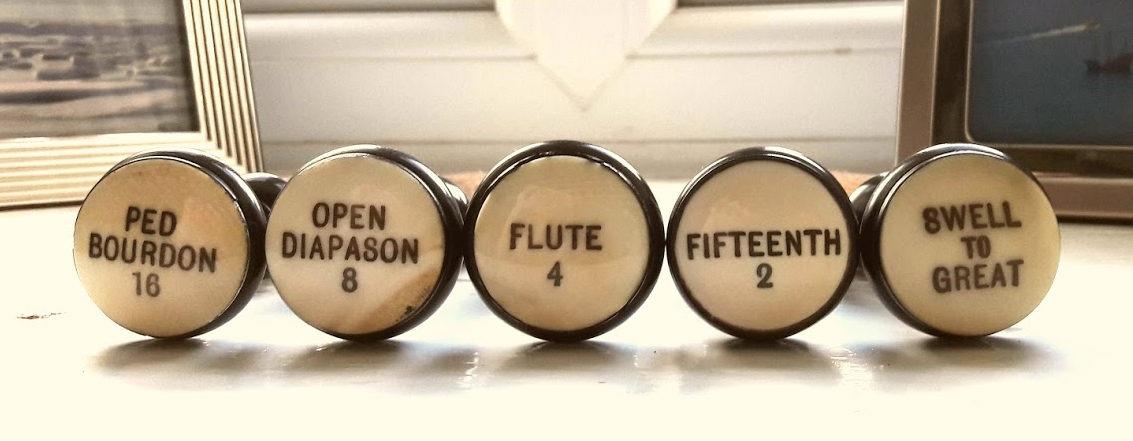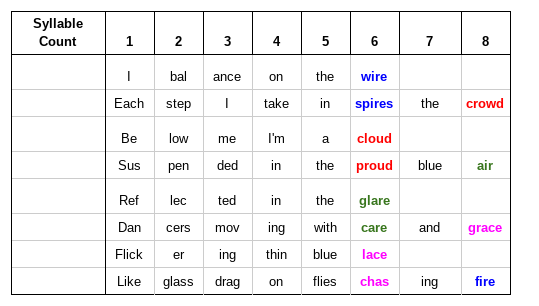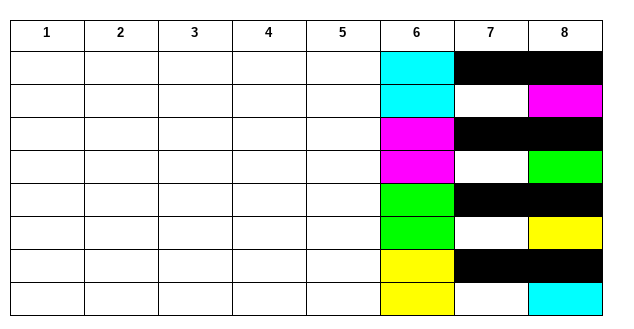|
Luc Bat The democracy of the internet has over recent years allowed poetry to proliferate to the benefit of all writers and readers, professional and amateur. As a teacher, I never cease to be amazed at how often I can find out something entirely new to share with my pupils. The Vietnamese ‘Luc Bat’ form, for example, is one that I chanced upon quite by accident whilst browsing poetry blogs for good villanelles and triolets to use in lessons. (I later came across it again in Stephen Fry’s ‘The Ode Less Travelled’, where it is explained with wonderful clarity.) Not being a form that has been commandeered by any English-speaking poets of high standing, as far as I am aware, it occurred to me that this could be an excellent way of giving children a form to experiment with, with none of that intimidating sense of ‘standing on the shoulders of giants’. What’s more, the simplicity of the repeating six/eight syllable pattern to the lines - ‘Luc Bat’ meaning ‘six-eight’ in Vietnamese - gives children a clear structure to follow, which makes rapid progress possible. The only real complexity lies in how a Luc Bat rhymes, incorporating interwoven end and internal rhymes on the sixth and eighth beats. Here is an example written by one of my pupils together with a diagrammatic table to show how the rhyme works: The Circus I balance on the wire Each step I take inspires the crowd Below me. I’m a cloud Suspended in the proud blue air Reflected in the glare Dancers moving with care and grace Flickering thin blue lace Like glass dragonflies chasing fire. Edward, aged 13 The number of lines in a Luc Bat poem does not matter, which again makes it a brilliant form to use with children, who have the freedom to write as much or as little as they choose. As long as the poem finishes with an eight-syllable line which rhymes with the first line, then the poem is complete and true to its form. What happens in between the first and the last line is up to the writer, who only needs to keep the rhyme scheme going as indicated by my colour coding. (I usually explain it to children as looking on the page rather like knight moves in chess, which can be helpful to those with a visual learning style.) To assist the planning stage, I give the children their own grids to play with, either on paper or digitally in the form of spreadsheets, like this: They always enjoy messing around with their colour coding and the fact that they can fill it in for as long as they want to gives them the motivation to keep adding, removing and editing as they go, thinking about their rhymes all the time in order to keep it going. In this sense, writing Luc Bat has something of the enjoyment and spontaneity of engaging in rap battles and it therefore works particularly well as a paired activity, with the children batting words, phrases or whole lines back and forth to each other, using their grids as a guide for the rhyme patterns and syllable count. The following poem was written in this way, with Adam and Roddy going to ever greater lengths to ‘out-mad’ each other’s ideas in a kind of surreal word association game: Luc Bat of Insanity I hate feeling this way Stooping images sway. Unsure How the sky is: azure Or red in tone so pure. The scream Pierces my widening dream Magnifying light beams, knick-knack Makes me want a Tic-Tac Vendor sells bric-a-brac, it clots My head with polka dots Cluttered dreams, shattered pots, death’s choir Claims my five-year-old fire Bad dad (funeral pyre). Pipers, ‘Death to windscreen wipers’ Kill me with a sniper. My way. Roddy and Adam (aged 12) As can be seen in this example, the Luc Bat form can foster a highly original way of writing that is reminiscent of the automatic writing with which the early Surrealists experimented. Paradoxically, the limits placed upon the choice of useable words by the rhyme scheme and the need to carefully count syllables allow the writer to make rapid progress. With the assistance of a rhyming dictionary, particularly an online one such as RhymeZone, the young writer can explore the various possibilities of word choice and, when these are limited to just one or two options, this can then dictate the direction in which the poem must go. The end result reads almost as if the poem has ‘written itself’ and thereby gained a life of its own.
0 Comments
Your comment will be posted after it is approved.
Leave a Reply. |
AuthorSixteen years of teaching poetry to children have furnished me with a wealth of ideas. Do dip in and adapt any of these for your own lessons. Archives
April 2020
Categories
All
|




 RSS Feed
RSS Feed
